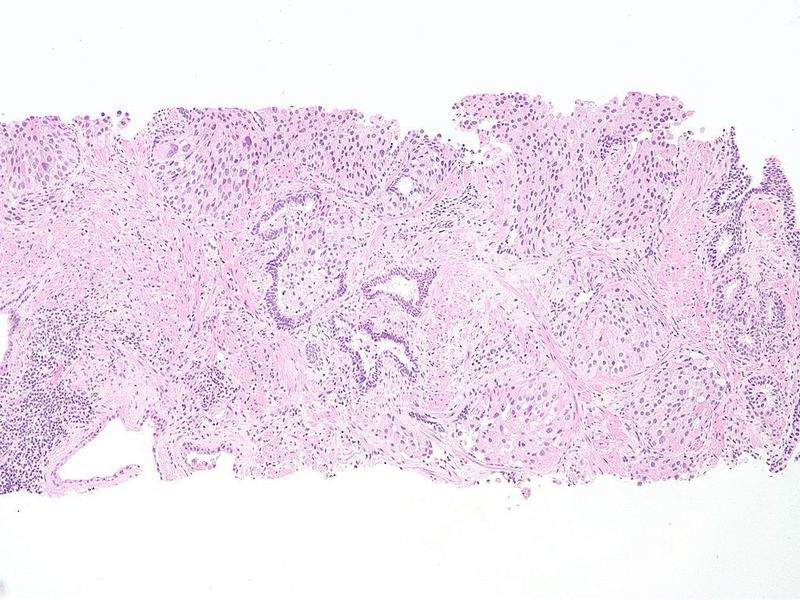

The UK National Institute for Health and Care Excellence (NICE) has invited Swiss healthcare company, Roche, to submit a Cancer Drugs Fund (CDF) proposal for its urothelial cancer drug, atezolizumab.

Discover B2B Marketing That Performs
Combine business intelligence and editorial excellence to reach engaged professionals across 36 leading media platforms.
Roche’s atezolizumab is a form of immunotherapy, a treatment that works by harnessing the power of the patient’s own immune system to combat and destroy the cancer cells.
Marketed as Tecentriq, atezolizumab was evaluated by the committee as a treatment that can be used for patients with advanced urothelial cancer.
The NICE committee found that stronger evidence is required to ensure the drug is both clinically useful and cost effective.
NICE includes a drug in the CDF in order to enable patients to have greater access to the treatment while the company can collect more data.

US Tariffs are shifting - will you react or anticipate?
Don’t let policy changes catch you off guard. Stay proactive with real-time data and expert analysis.
By GlobalDataThe additional evidence needs to be strong enough for the NICE committee to reconsider the treatment and recommend its availability through the National Health Service (NHS) England.
NICE Centre for Health technology evaluation director Carole Longson said: “There is a lack of new treatment options for people who have advanced urothelial cancer, so I am very disappointed we’ve not been able to recommend atezolizumab at this stage.
“I hope Roche will work with us to submit a CDF proposal. Funding through the CDF means it could be offered to patients who cannot undergo chemotherapy while we collect more evidence. This will be a positive step for a lot of people.”
Urothelial cancer occurs in the bladder or the ureter, whereby the tube urine passes through from the kidney to the bladder.
Approximately 10,000 people are currently diagnosed with urothelial cancer every year.
Image: Micrograph of urethral urothelial cell carcinoma. Photo: courtesy of Nephron.




